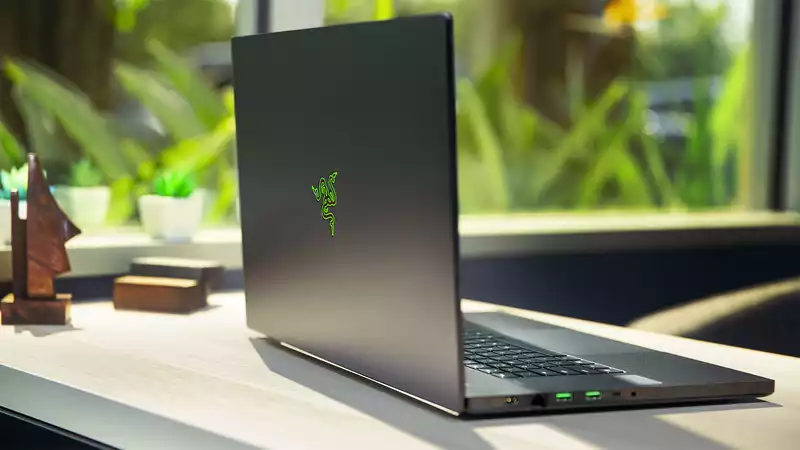As reported by Sweclockers, IDC and Gartner have released their 2023 report on traditional PC shipments (desktops, workstations, and laptops, but not tablets or servers). Both are preliminary estimates, so the numbers could and often do change as more information becomes available.
But even taking this into account, the numbers are not encouraging for the PC industry. Gartner estimates that 241.9 million units will be shipped in 2023, while IDC conservatively estimates 259.5 million units. This is a rather large difference for a raw number (how did they miscount 17.6 million PCs?), but when compared to the total, IDC's estimate is only 7% larger than Gartner's estimate.
Overall, PC shipments are down 14% compared to 2022, making it an even tougher year for some vendors.
The market is dominated by the so-called "Big 6": Lenovo, HP, Dell, Apple, Asus, and Acer. According to both analysts, HP had the worst year, down 4.5% y/y, while IDC said Apple suffered the most (-23% in 2023 vs. 2022), while Gartner had Dell, down 19.5%.
While overall PC sales have been declining since 2021, the industry has thrived due to the Covid-19 pandemic, which has forced millions of people worldwide to telecommute and rely on the humble PC for work, entertainment, shopping, and even exercise.
However, a Gartner report going back 10 years shows that PC shipments increased even more in 2012, reaching just over 350 million units (IDC estimates 349 million).
So are PC shipments about 90 million units less than they were then? The answer is multifaceted, and there is probably no single factor governing what is happening, but there is, for example, some sort of market saturation. A decent PC can last for quite a few years, and a desktop PC can continue to be used indefinitely simply by replacing internal components.
The performance gains seen in successive generations of CPU architectures are now generally so small that a chip five or six years old is more than adequate today, unless it requires very specific features or aspects of the latest design.
Then there is the lack of a "killer app" for the PC: in the 90s there was Windows 95, and in the first decade of the millennium the massive expansion of high-speed Internet, media streaming, and PC gaming drove sales.
With all of this in mind, it is not hard to understand why fewer people and organizations are buying new machines.
As to why shipments declined so much in 2023, Gartner states, "The PC market has hit the bottom of its decline after a significant adjustment. Inventory normalized in the fourth quarter of 2023, a problem that had plagued the industry for two years."
IDC, on the other hand, was a bit more candid in its reasoning: "The decline, which is unprecedented in the industry's recorded history, reflects the aftermath of a significant surge in PC purchases due to the COVID-19 pandemic.
Both expect the decline to stop, bottom out, and shipments to rise again in 2024, despite expected price increases for PC components. This may just be my imagination, but I have read these words before, so who knows what will actually happen.
Vendors are hoping that interest in the next version of Windows, expected to be released mid-year, and the hype surrounding the "AI PC" era, a catchphrase that could not be missed at CES 2024, will boost sales.
Who knows if any of that will make a difference, but the latter may be a killer feature that the industry has missed for some time. Some AI features seem really useful, but there are quite a few that I'd rather avoid, like the cookies 10 weeks ago.
I feel like I've been reading about the death of the PC for a long time; 240 million new PCs in a year is not chump change. I think the prognosticators are making too much noise.
.

Comments